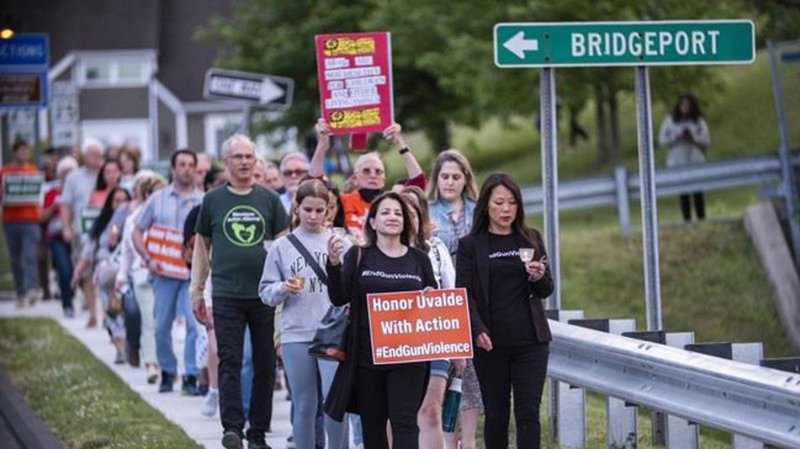
Questions arise over police delays with gunman inside school
UVALDE, Texas (AP) — The gunman who killed 21 people at a Texas elementary school was in the building for over an hour before he was killed by law enforcement officers, authorities say.
It was 11:28 a.m. when Salvador Ramos’ Ford pickup slammed into a ditch behind the low-slung Texas school and the driver jumped out carrying an AR-15-style rifle.
Twelve minutes after that, authorities say, the 18-year-old Ramos was in the hallways of Robb Elementary School. Soon he entered a fourth-grade classroom. And there, he killed 19 schoolchildren and two teachers in a still-unexplained spasm of violence.
At 12:58 p.m., law enforcement radio chatter said Ramos had been killed and the siege was over.
